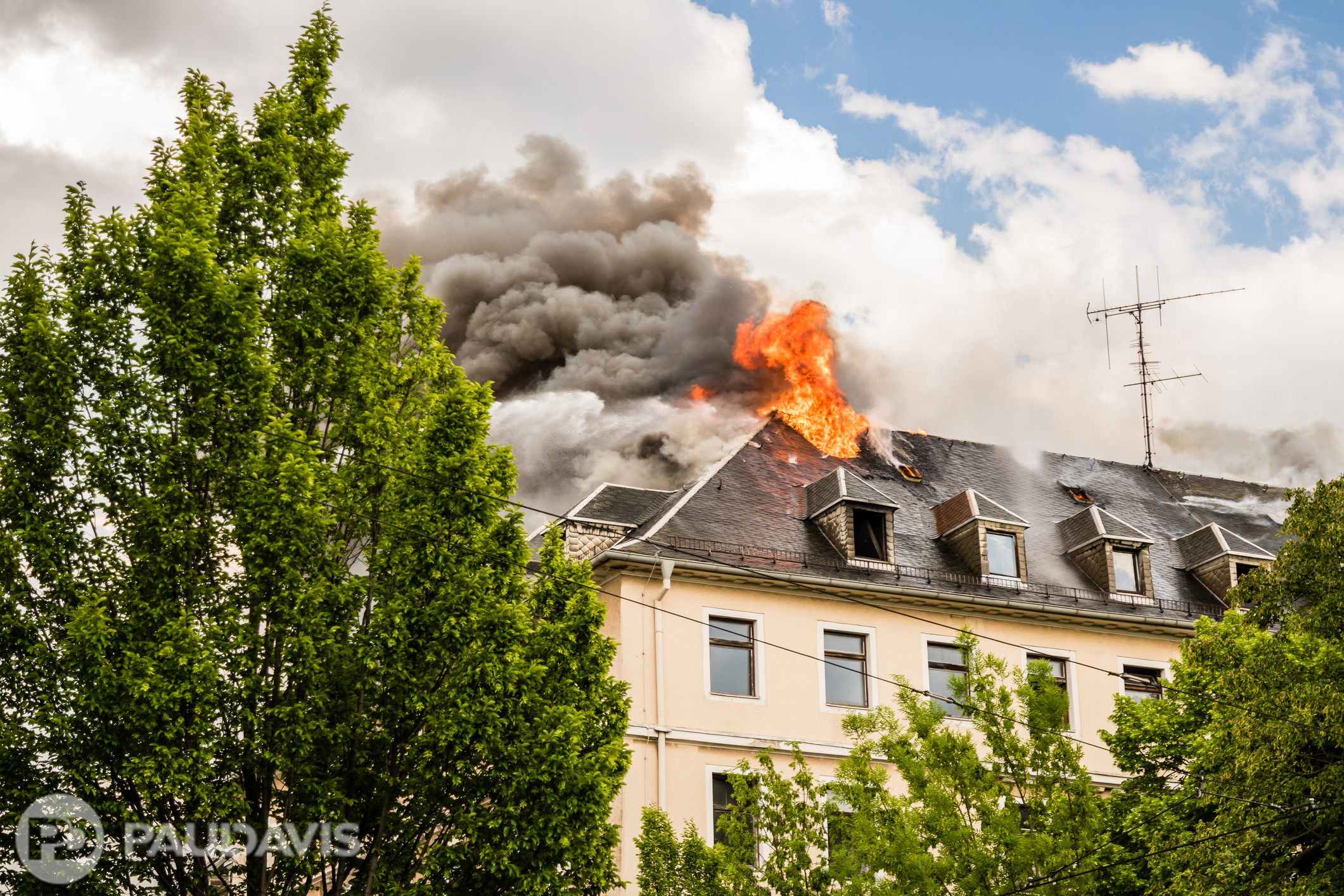
A structural fire is one of the most frightening events a family can experience, ripping away irreplaceable belongings, changing futures and traumatizing everyone involved. “We put lives back together after fires,” says Darren Impson, President, Paul Davis of Tampa, FL. “Most often, we are mitigating and restoring property damage but sometimes our customers suffer the most tragic loss of all: loved ones who are harmed or killed by a fire. Particularly during the holiday season, when fire risks rise, families should review safety tips for escaping a blaze quickly and safely.”
Canadian fire departments respond to about 24,000 house fires annually, which collectively cause millions in property damage while injuring 3,000 people and killing nearly 400 victims. Impson listed the most important tips to ensure your family does not contribute to these unfortunate statistics.
Advance steps to take now include:
- Determine direct escape routes for every family member. Some families emulate hotel chains and post exit route schematics on the backs of bedroom doors, which are particularly helpful for children.
- Practice escape routes regularly by holding fire drills.
- Designate an outdoor spot away from the house where family members will gather after exiting.
- Consider purchasing escape ladders that family members on upper stories can deploy out windows if alternate escape routes are blocked.
Steps to take if a fire breaks out:
- Resist the natural urge to look for, grab or carry belongings. Exit speedily and empty-handed.
- Yell to alert other people in the house repeatedly, using clear and direct language: Get out now, there’s a fire.
- Feel closed doors before opening them. Smoke seeping under doors or those hot to the touch are signs of danger: don’t open them. Seek alternate escape routes.
- Get low. Because smoke, soot, carbon monoxide and toxic gases from combustion rise, the cleanest air is close to the floor. Breathing even small amounts of fire byproducts can quickly produce unconsciousness.
- If you cannot avoid smoke, cover your mouth and nose with your hands or, if possible, a wet cloth.
- Call the fire department only after exiting the house.
“Practicing fire safety at home is always time well spent – nobody, literally nobody, expects a house fire,” Impson says. “Avoiding home fires does more than projecting your family, it also protects first responders who endanger their own lives to help. It’s no exaggeration to say that fire safety at home is a benefit to your community.”
Need help protecting your home or recovering from a fire? Call Paul Davis at 1-800-661-5975.
